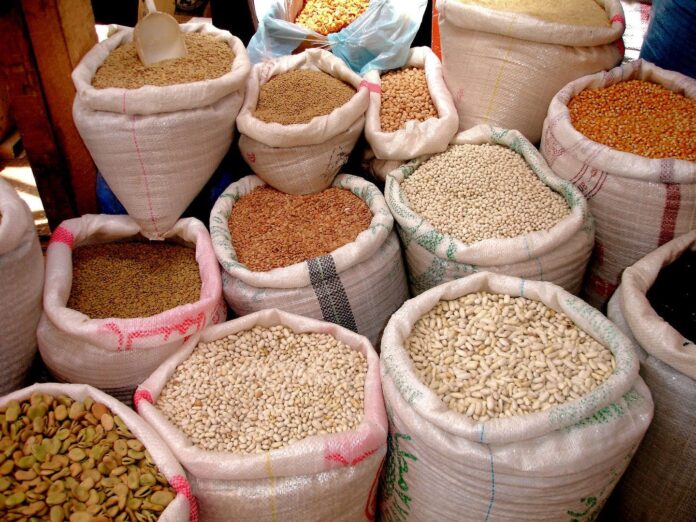India announced a ban on exports of several categories of rice due to rising domestic prices and fears of a shortfall in the next crop yield could drive up global prices of the grain at a time when food insecurity is already a concern to many countries around world.
India’s move came days after Russia backed out of a deal to allow Ukrainian wheat safe passage through the Black Sea, prompting warnings that the action could lead to surging prices.
The Russian grain blockade of Ukraine and the Indian rice ban could potentially have an impact on world grain prices, although the extent of this impact can be influenced by various factors. Here’s a breakdown:
1. Russian Grain Blockade of Ukraine:
The Russian grain blockade of Ukraine refers to trade restrictions or disruptions imposed by Russia on Ukrainian grain exports. This can lead to a reduction in the global supply of grains, particularly wheat, as Ukraine is a major exporter. The decrease in supply might put upward pressure on global grain prices due to reduced availability.
2. Indian Rice Ban:
The Indian rice ban refers to restrictions imposed by India on the export of certain rice varieties. India is one of the world’s largest rice exporters, and any limitations placed on its export can affect global rice prices. Reduction in the supply of Indian rice might lead to increased prices, especially in regions dependent on Indian rice imports.
However, it is important to consider other factors that can influence global grain prices:
a) Supply from other countries: The impact of these restrictions might be mitigated if other major grain-exporting countries can increase their production and fill the supply gap.
b) Global demand: Changes in global demand for grains, such as increased consumption or shifts in dietary preferences, could also influence prices.
c) Currency exchange rates: Fluctuations in currency exchange rates can affect the competitiveness of grain prices in international markets, potentially outweighing the impact of trade restrictions.
d) Weather and crop conditions: Weather events, natural disasters, and crop conditions in major grain-producing countries can significantly affect global supply and prices.
It is important to note that the effects on world grain prices are complex and can vary depending on these factors. Market dynamics, government policies, and other unforeseen events can also contribute to fluctuations in grain prices.
India ban will have less effect on Africa.
The ban on rice exports exclude one variety that is mostly exported to Bangladesh and several countries in Africa, which analysts say is a diplomatic move to ensure that the neighbouring country with which India has good ties and African nations — where it is trying to build influence and good relationship — do not face a significant problem.
India amended its rice export polices putting non Basmati white rice on banned category. India exports this type of rice to Somalia, Djibouti UAE, Liberia Cameroon, Benin Madagascar, China, Bangladesh and many more.
What is worrying is that India accounts for more than 40% of world rice exports, and low inventories with other exporters mean any cut in shipments could cause food prices to rise and the weather was not helping; unpredictable most of the times fluctuating between extreme flood and droughts.
The End.
Mohamed Mohamud Adde
An academic and Political Analyst


